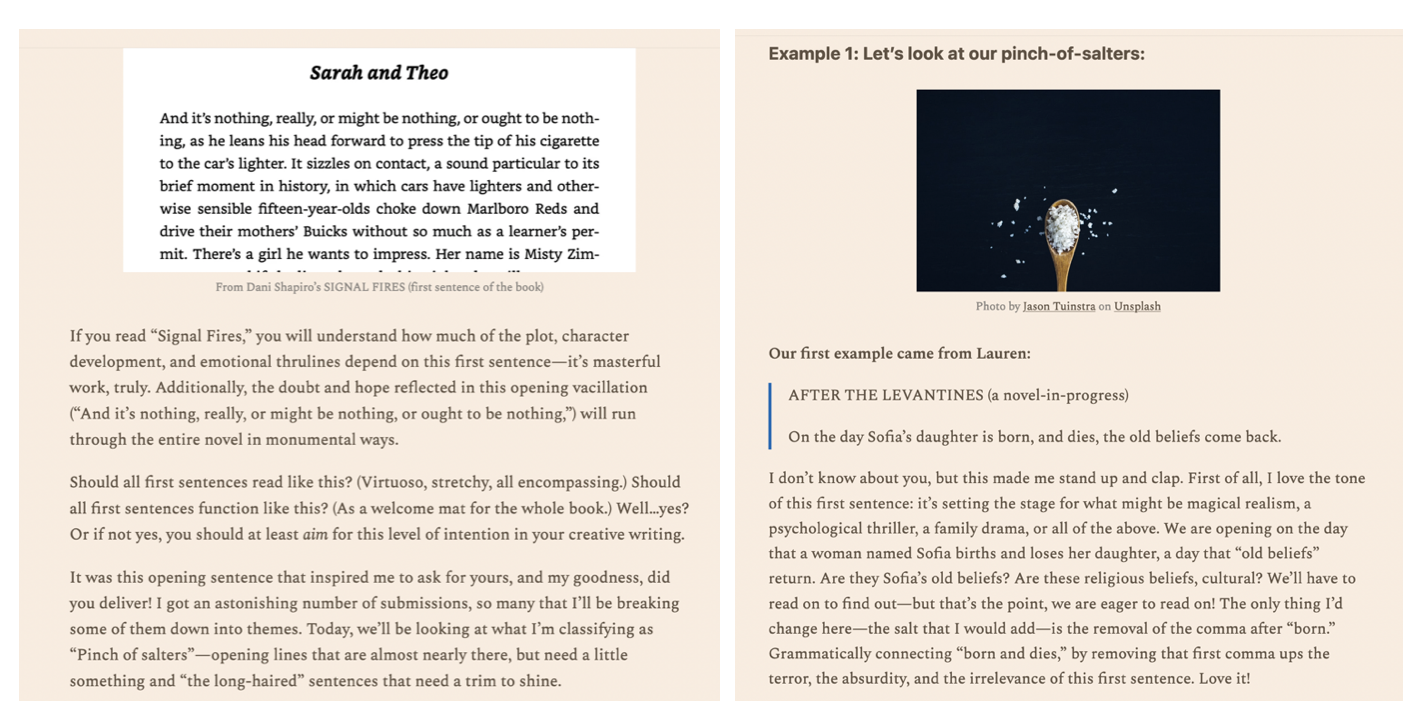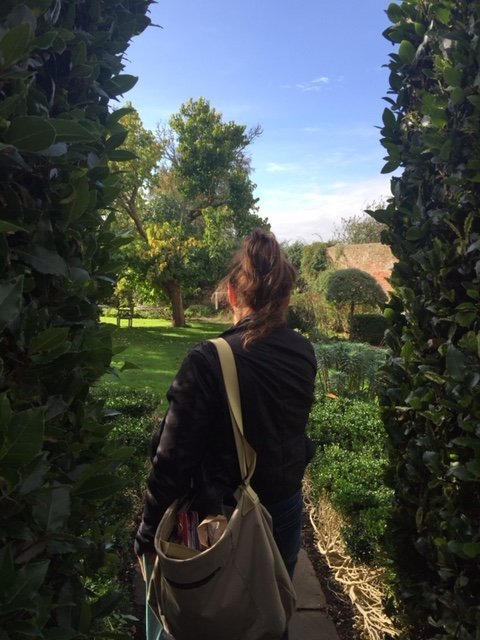I was thrilled to learn this week that my story, “The Tayyare Apartments,” was honored by juror Ling Ma and received an Honorable Mention in this year’s Zoetrope: All-Story short fiction competition. The publication is one I love—I’ve admired so many of the stories there and I’m very grateful to be included.
The story is part of my in-progress novel-in-stories, After the Levantines, a generational portrait that moves between Istanbul, Brooklyn, and Los Angeles. “The Tayyare Apartments,” centers on the eldest American-born son, Davud Almasi, who at eleven is taken out of school when the family visits relations in Istanbul—their first chance to do so after the travel ban of World War Two has been lifted.
Here’s the opening:
The Almasis took a taxi to the Peyircis’ by way of the bridge in Galata. Davud prepared himself for something grand, a crossing on the order of the Brooklyn Bridge or the George Washington. An imposing rise to the span, the majesty of the suspension towers, cables flexed against the sky. But when they reached the waterfront, the bridge was hardly a bridge at all. The Galata Bridge no more than grazed the water and at mid-span its elevation barely cleared the ferries that trawled the strait. It was October, their first visit to Istanbul since the war, ten days into an interminable six-week stay. No one spoke. He sat wedged between his brother, Malek, and his mother, who held the baby, Naj, on her lap. His father, poised astride the jump seat, stared into the distance behind them. Propped on Davud’s knees, his sole connection to home, Sword of Sovereigns and the latest issue of Human Torch, wrapped for safekeeping in a sheet of his grandfather’s newspaper. The adults had promised him a bridge, but Galata was a disappointment, and like everything in Istanbul was second-rate compared to Brooklyn.






